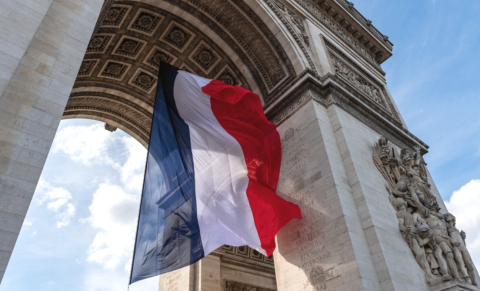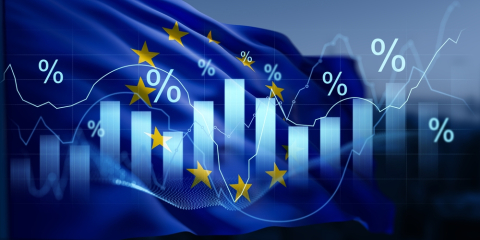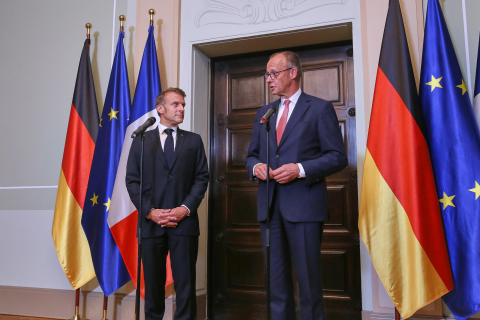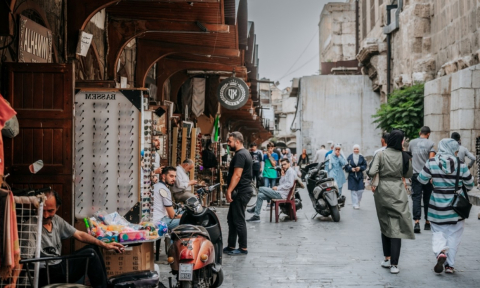
Informations pratiques
Thématiques et régions
Centres et programmes liés
Ceci est un événement réservé.
En savoir plus sur nos programmes de soutienWith ratification of the new Treaty behind it, the European Union is under pressure to "return to the serious business of governing". At this critical juncture in the EU's development, nine leading Brussels-based think tanks : the Bertelsmann Stiftung, the Brussels European and Global Economic Laboratory (Bruegel), the Centre For European Studies (CEPS), the Egmont Institute, the European Policy Centre (EPC), the Institut français des relations internationales (Ifri), Madariaga - College of Europe Foundation, the Stiftung Wissenschaft und Politik (SWP) and Friends of Europe-Les Amis de l'Europe, in cooperation with Agence Europe have initiated an annual forum to deal with the Union's emerging politico-strategic agenda. How can the EU best apply its new institutional apparatus to incipient societal and global challenges including climate policy, migration, the economic crisis and global governance? The results of a brainstorming exercise by policymakers and other experts on the Copenhagen Agreement, the current financial turbulence, the Stockholm Programme, as well as the EU's role in a changing global environment will be presented for discussion. Due to limited space, registration is on a first come first serve basis. Dead line for registration is Friday 9th January, 9:00 am
Media partner: Agence Europe
In order to register your attendance, please send an email to Matt Dann at Bruegel, [email protected]
Crédit photos: Ulla Kimmig
Sujets liés
Autres événements

Sécurité collective et pivot américain : les enjeux de burden-shifting/burden-sharing en Europe
L’Ifri accueille l’amiral Pierre Vandier, Commandant suprême allié pour la transformation de l'OTAN, le 15 janvier 2026 à 9h30, à l’occasion d’un BBS consacré aux enjeux du burden-sharing.

André Beaufre, un stratège pour notre temps
Relire Beaufre aujourd’hui ! Le célèbre auteur d'Introduction à la Stratégie (1963), le général André Beaufre (1902-1975) n’a pas dit son dernier mot. Ses concepts-clefs demeurent pertinents.
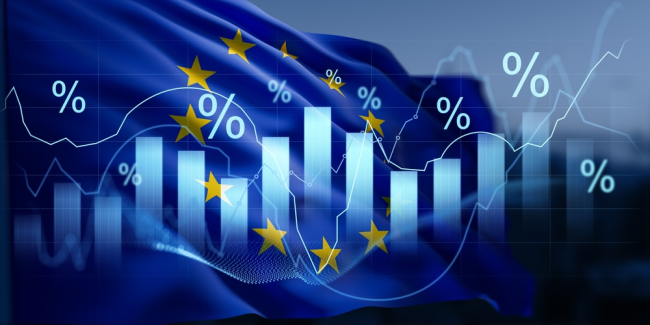
L’économie européenne et ses entreprises face au risque géopolitique : approches croisées
Les tensions géopolitiques deviennent une contrainte et une source de risque majeure pour l’économie européenne et ses acteurs privés comme publics.






